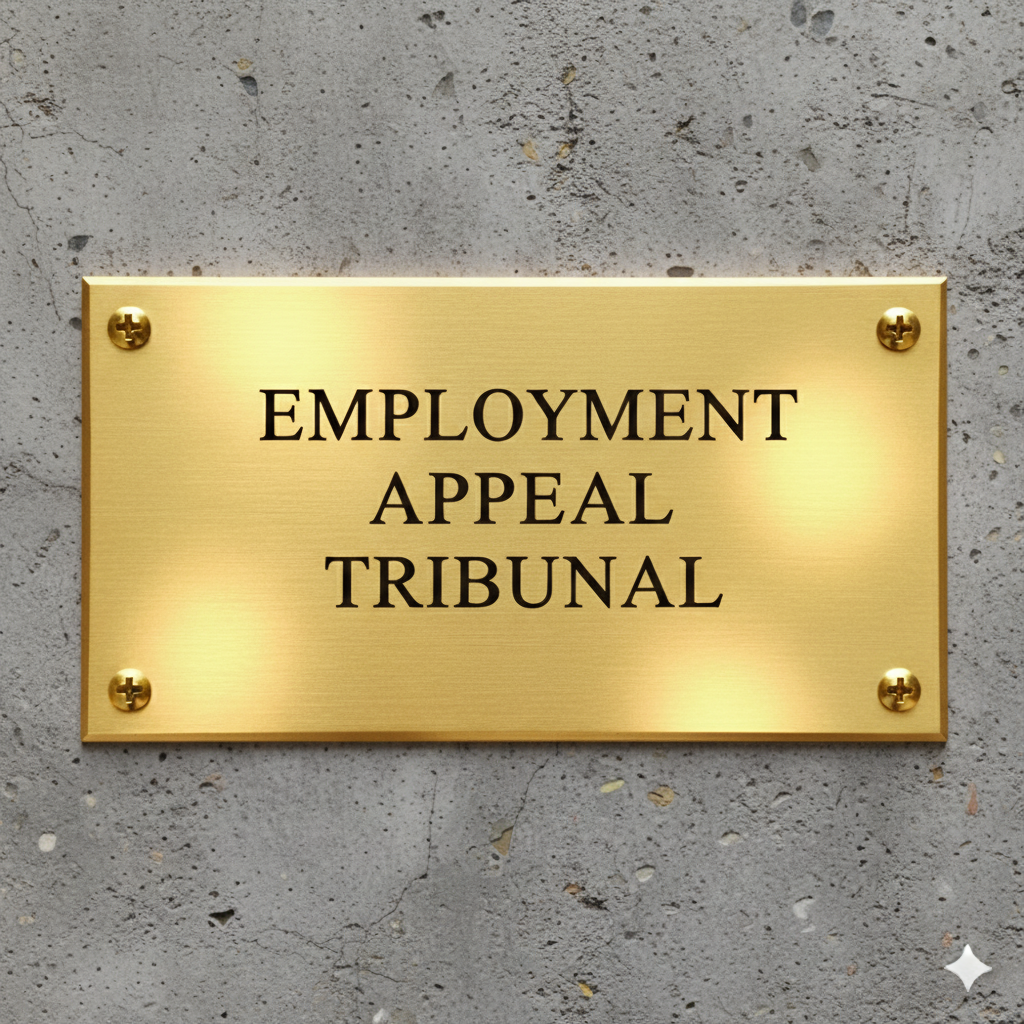Tesco Equal Pay Claims: Tribunal Overturns Decision on Expert Evidence
The Employment Appeal Tribunal (EAT) has overturned a decision allowing expert economic evidence in the Tesco equal pay case, citing a lack of clear issue identification.
• public
Tribunal Rejects Expert Evidence in Tesco Equal Pay Dispute
The Employment Appeal Tribunal (EAT) has overturned a decision made by the Employment Tribunal regarding the admissibility of expert economic evidence in the ongoing equal pay claims against Tesco Stores Ltd.
The case, Ms K Element & Others v Tesco Stores Ltd, involves over 50,000 claimants, primarily female shop-based employees, who are comparing their pay to that of predominantly male staff in Tesco's distribution centres (DCs). The dispute has been ongoing since 2018, facing numerous legal challenges.
Grounds for Appeal
The central issue in this appeal was whether the Employment Tribunal erred in granting permission for expert economic evidence concerning Tesco's Material Factor Defence (MFD) – arguments used to justify pay differences. The EAT, led by The Honourable Mrs Justice Stacey DBE, found that the Employment Tribunal had indeed made an error.
The key problem identified was a failure to adequately identify the specific issues in the case before allowing the expert evidence. The EAT emphasised that it was essential to clearly define the pleaded issues and understand how the expert's testimony would address them.
Lack of Clear Issues
The EAT highlighted several instances where the issues lacked clarity. For example, the definition of the labour market for store and DC staff remained provisional, and the questions posed to the experts were imprecise. The term 'competitive' was used without clear definition, and the concept of 'market power' was introduced late in the process, raising concerns about its relevance to the pleaded case.
The EAT also noted that the application for expert evidence had evolved throughout the litigation, with the Employment Tribunal relying on arguments presented to the EAT rather than the original pleadings. This further contributed to the lack of clarity and made it difficult to determine the scope and relevance of the proposed expert testimony.
The Spencer Guidance
The EAT referenced the case of British Airways PLC v Spencer [2015] EWHC 2477 (Ch), which provides guidance on determining whether expert evidence is reasonably required. It stated that tribunals must first identify the pleaded issues and then assess whether expert evidence is necessary or reasonably required to resolve those issues. The EAT found that the Employment Tribunal had failed to properly apply this guidance.
Outcome and Next Steps
As a result of the EAT's decision, the permission for expert evidence has been overturned. The case has been remitted back to the Employment Tribunal with instructions to clarify the issues and ensure that any future application for expert evidence is firmly anchored to the pleaded case.
The substantive MFD hearing, which had already been postponed, is now scheduled for Spring 2026. The EAT urged both parties to cooperate and for the Employment Tribunal to maintain rigorous case management to ensure the proceedings remain focused and efficient.
The EAT also expressed concern about the excessive length of documents being produced by both sides and suggested that the Employment Tribunal may need to impose length limits to facilitate progress.
Read the entire judgement here: Ms K Element & Others v Tesco Stores Ltd [2025] EAT 145
